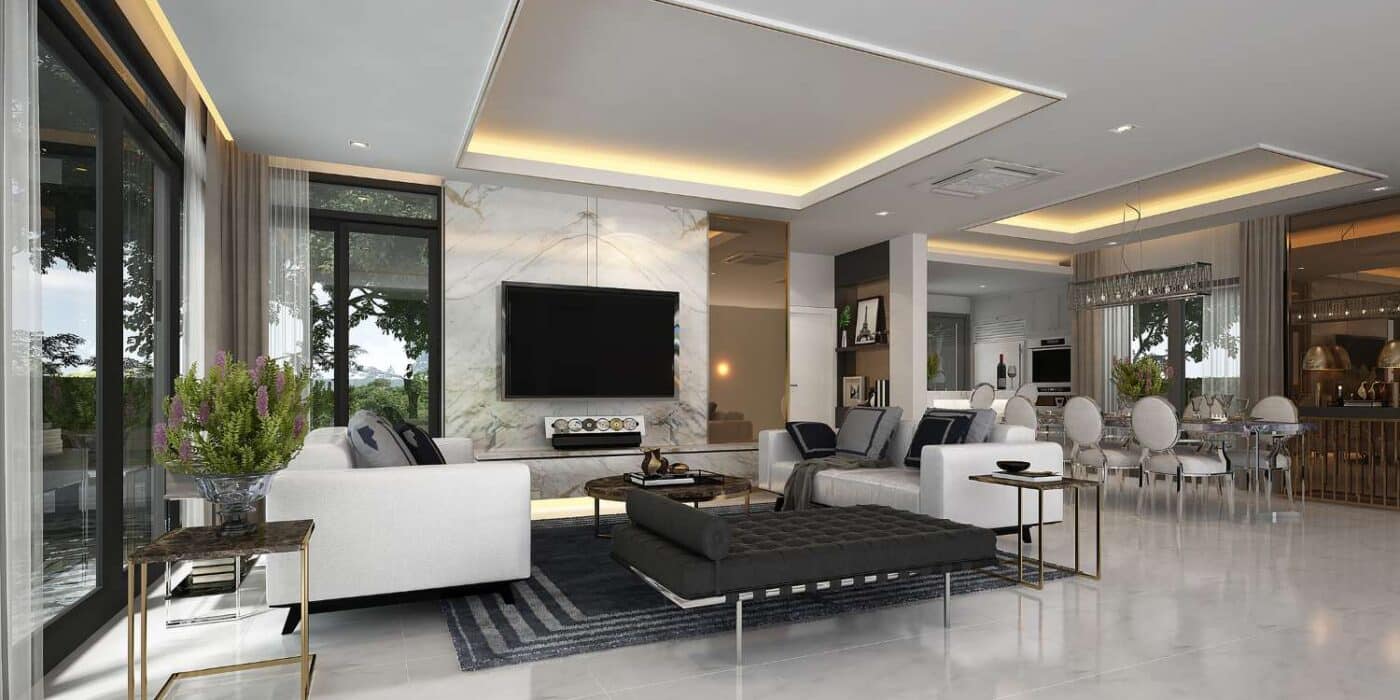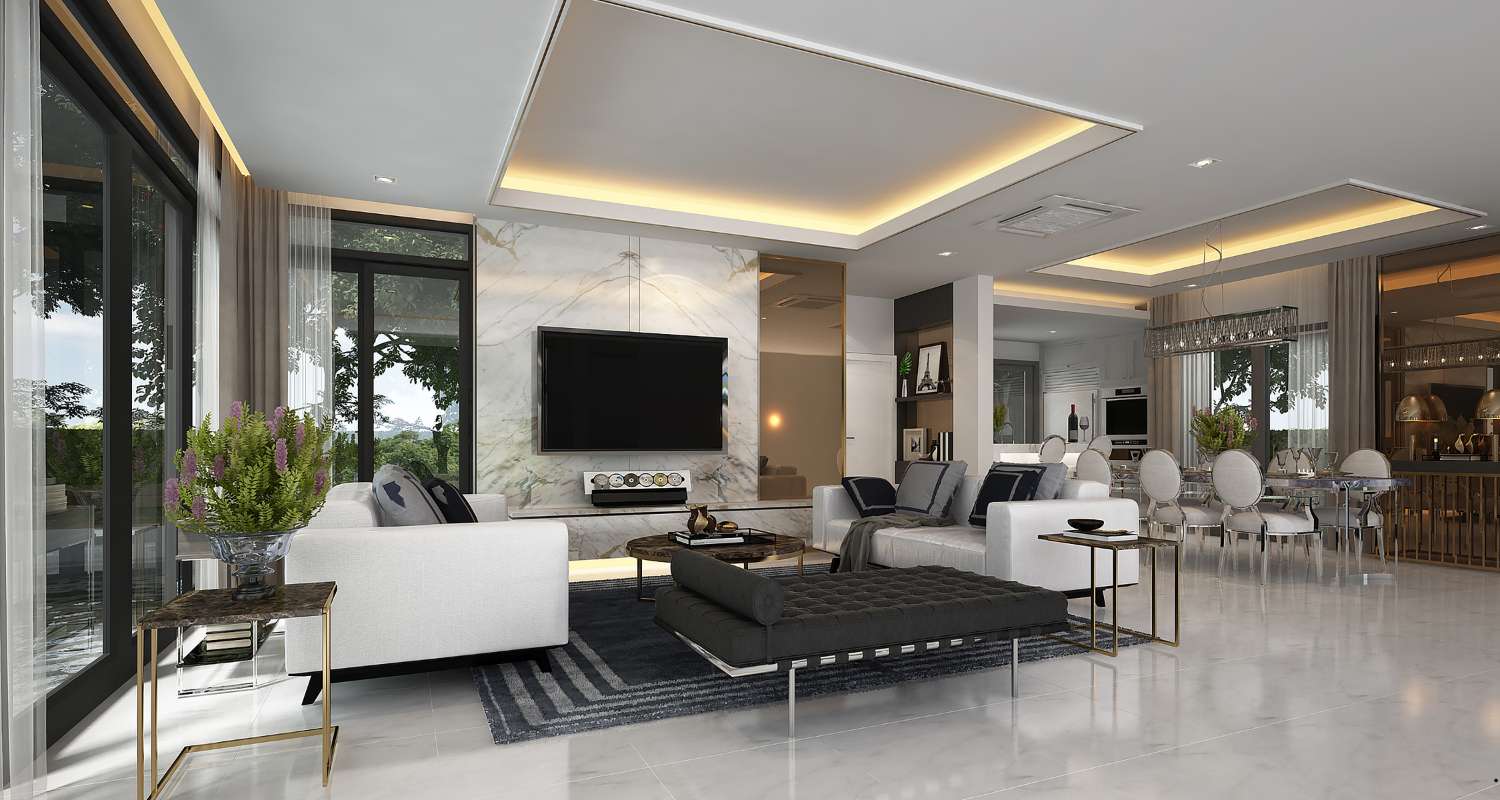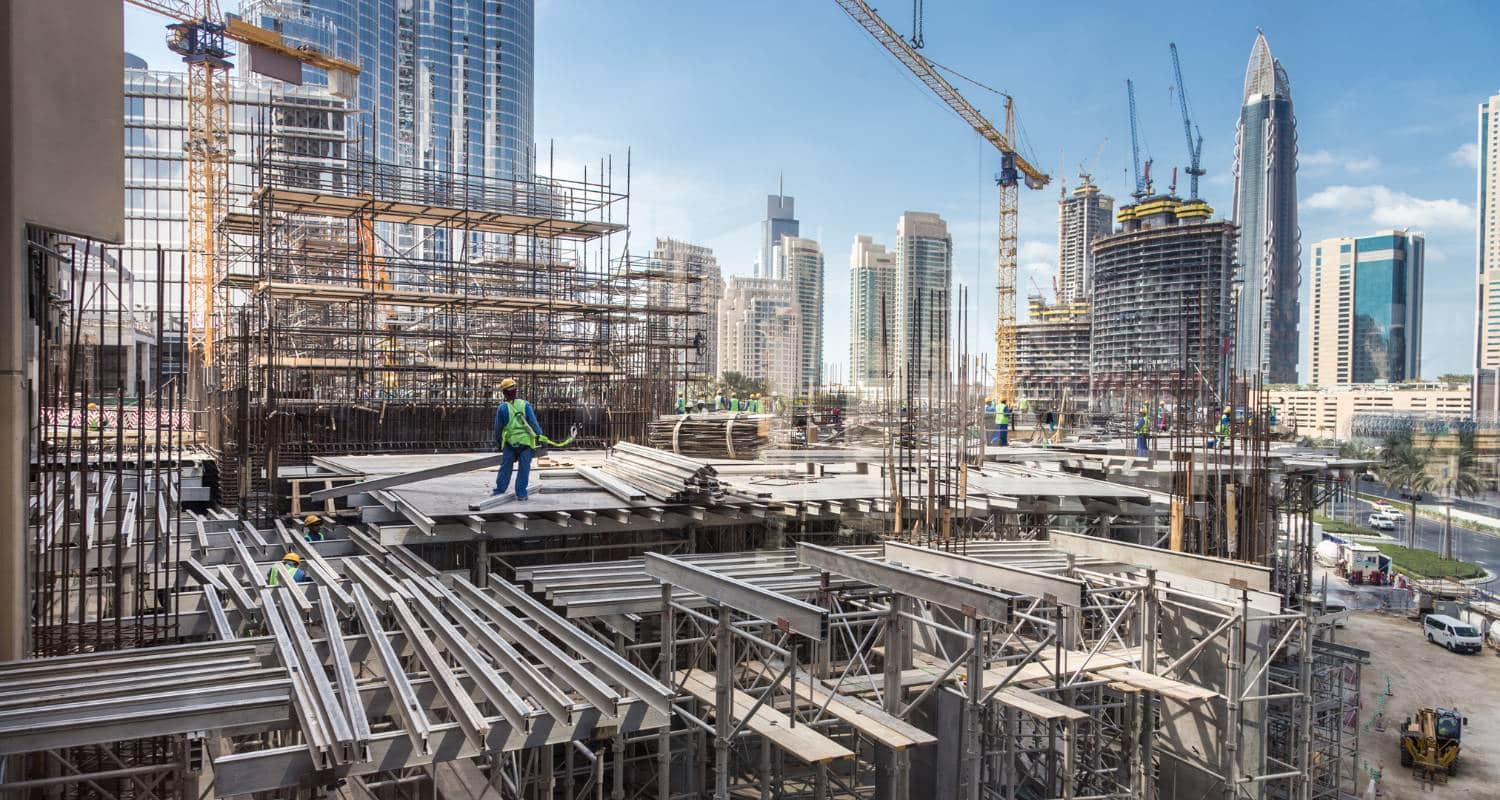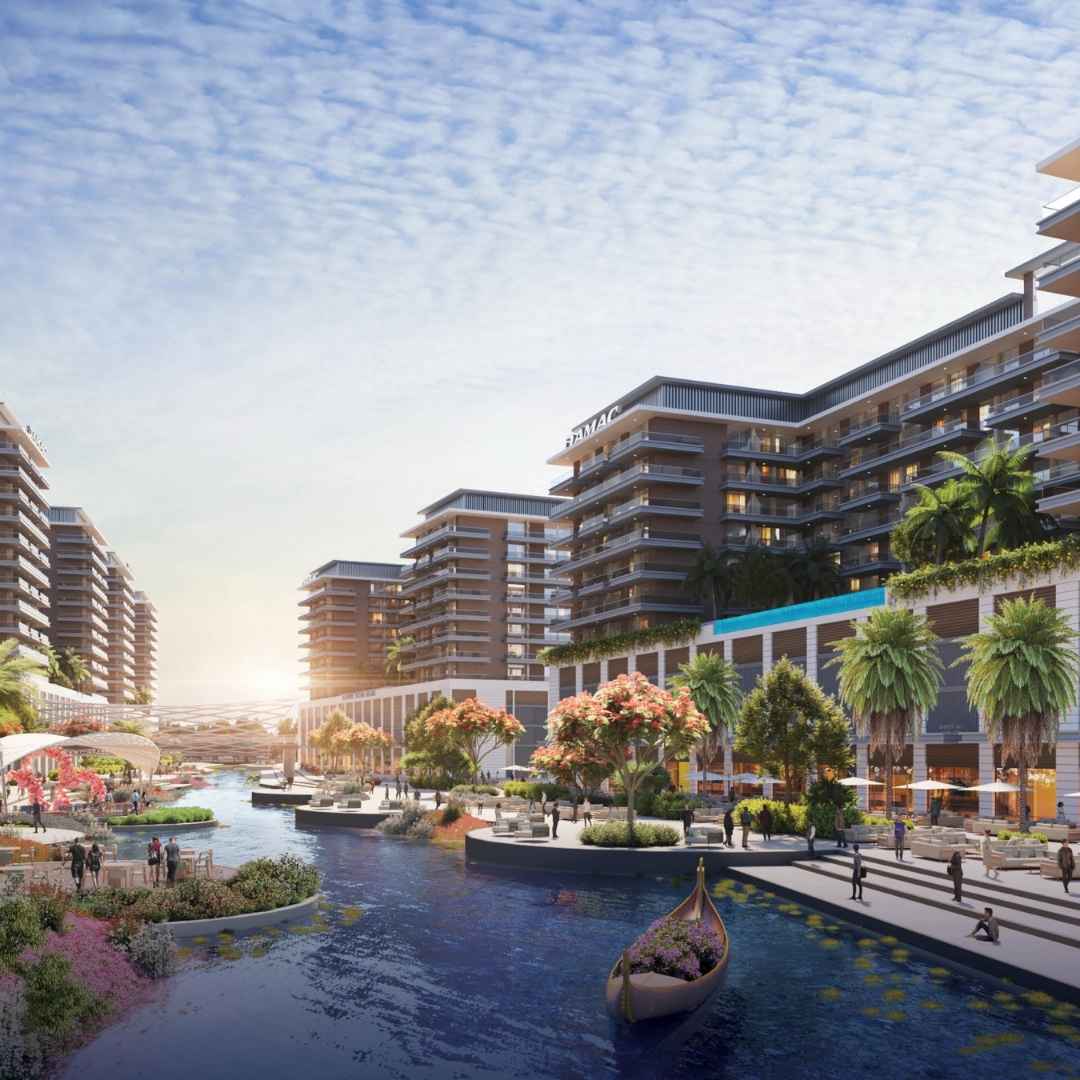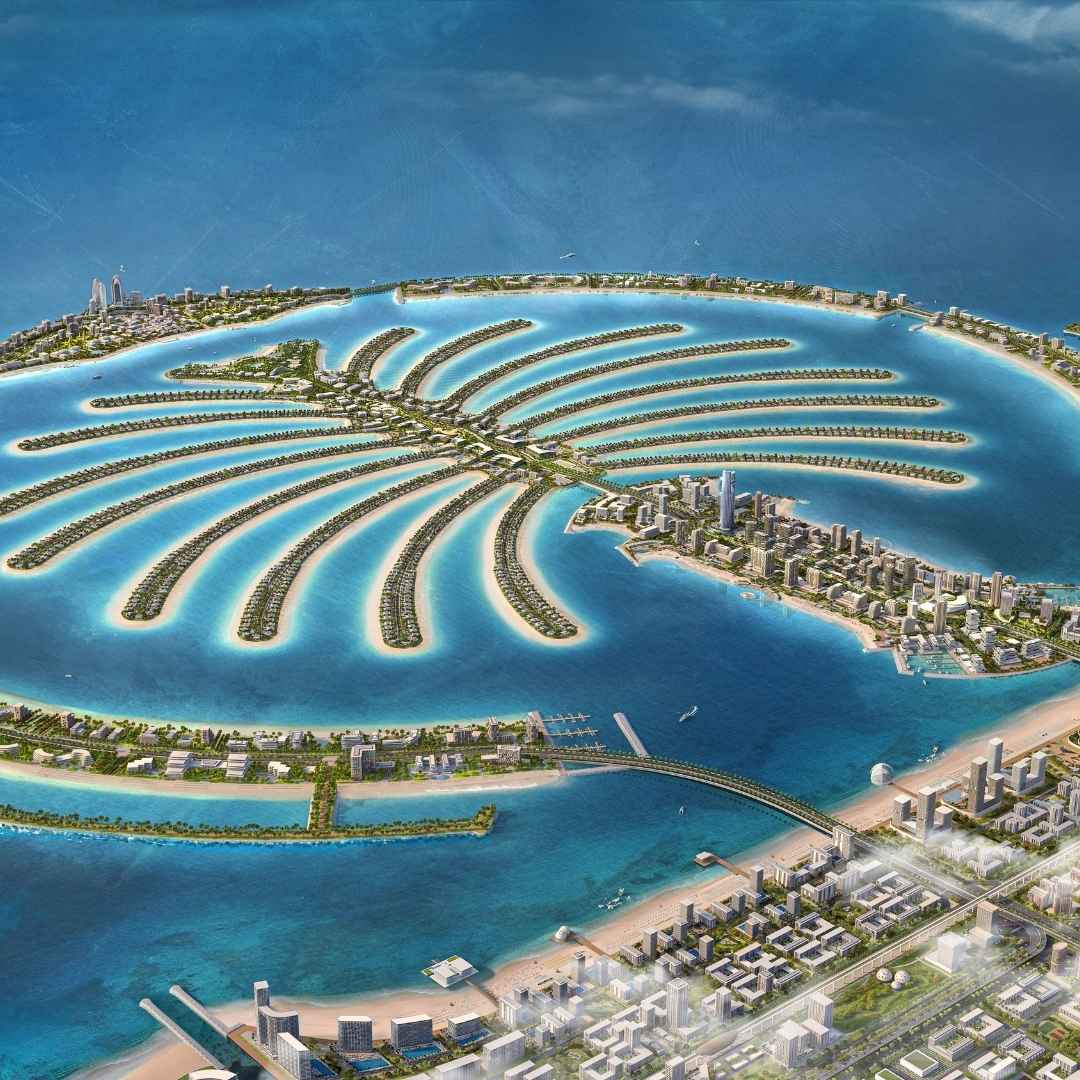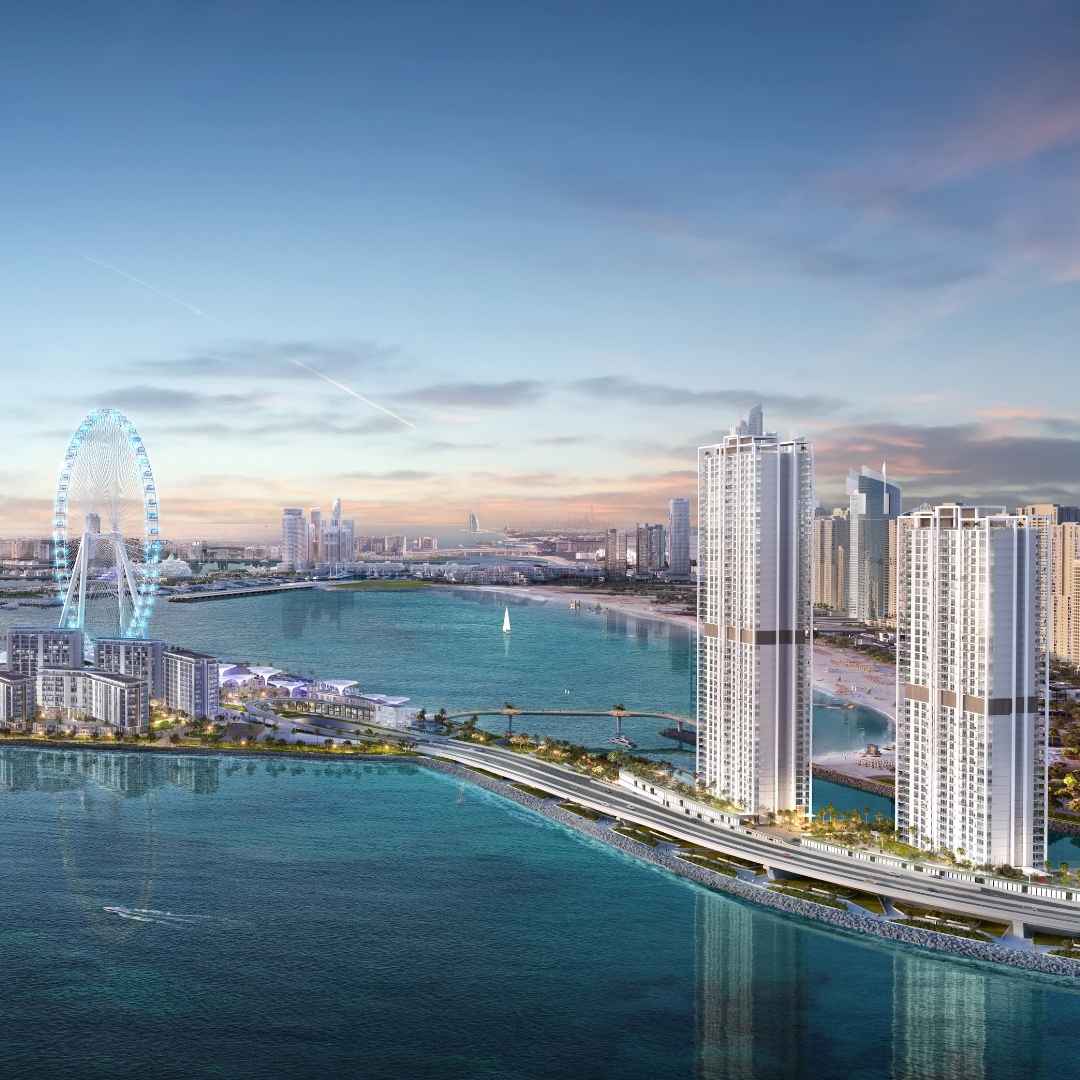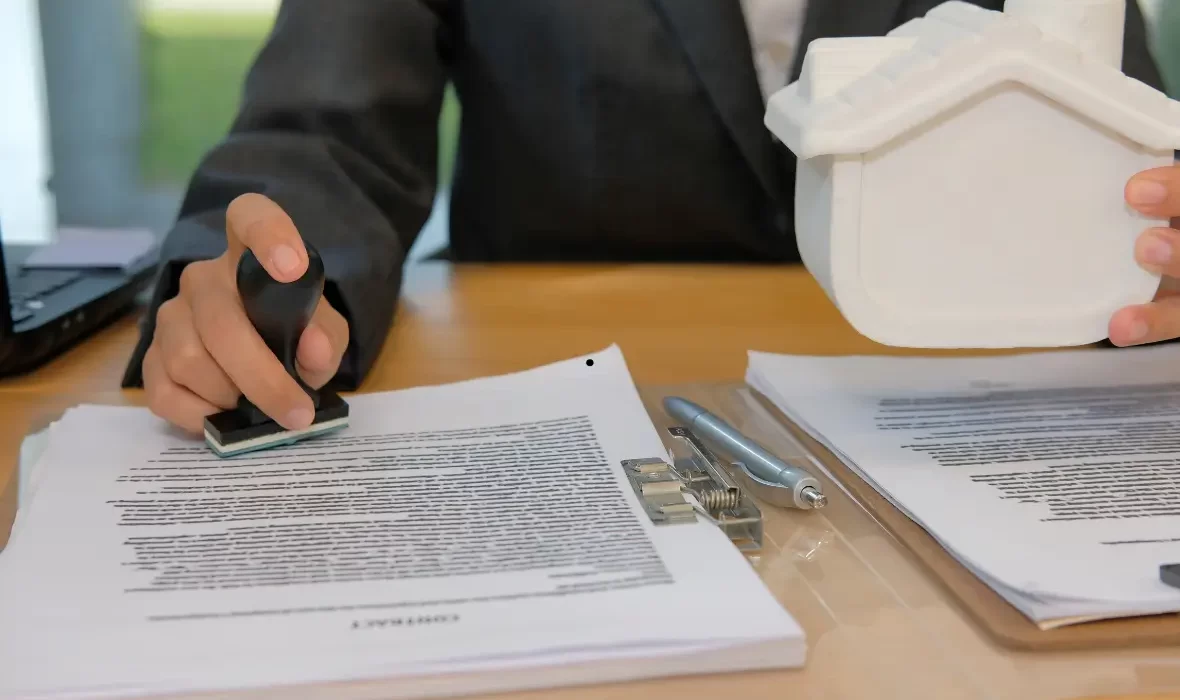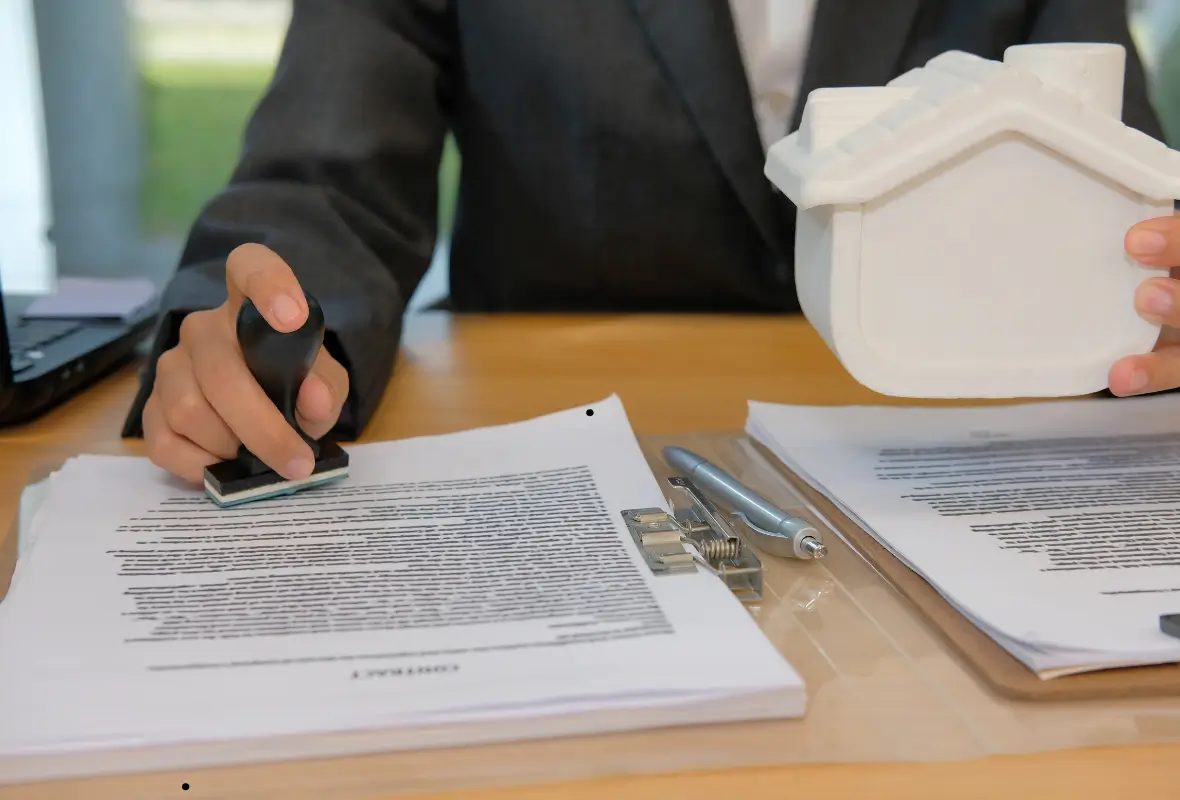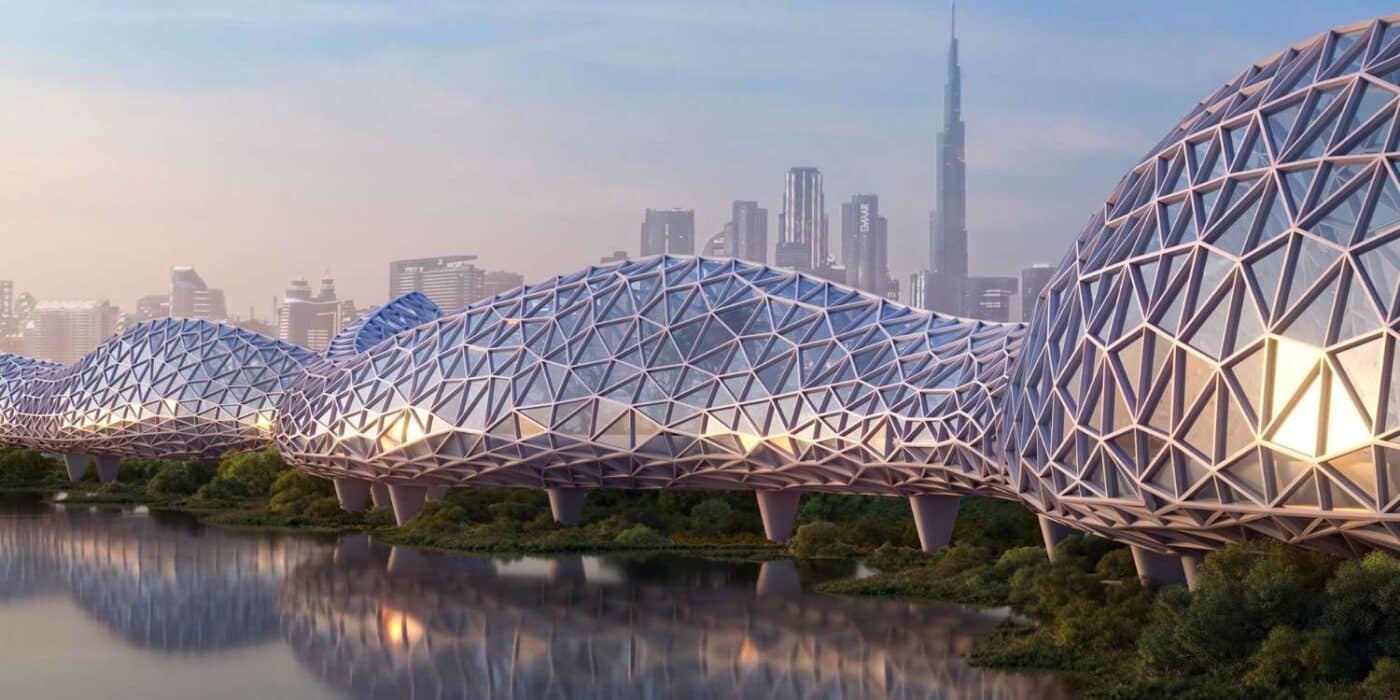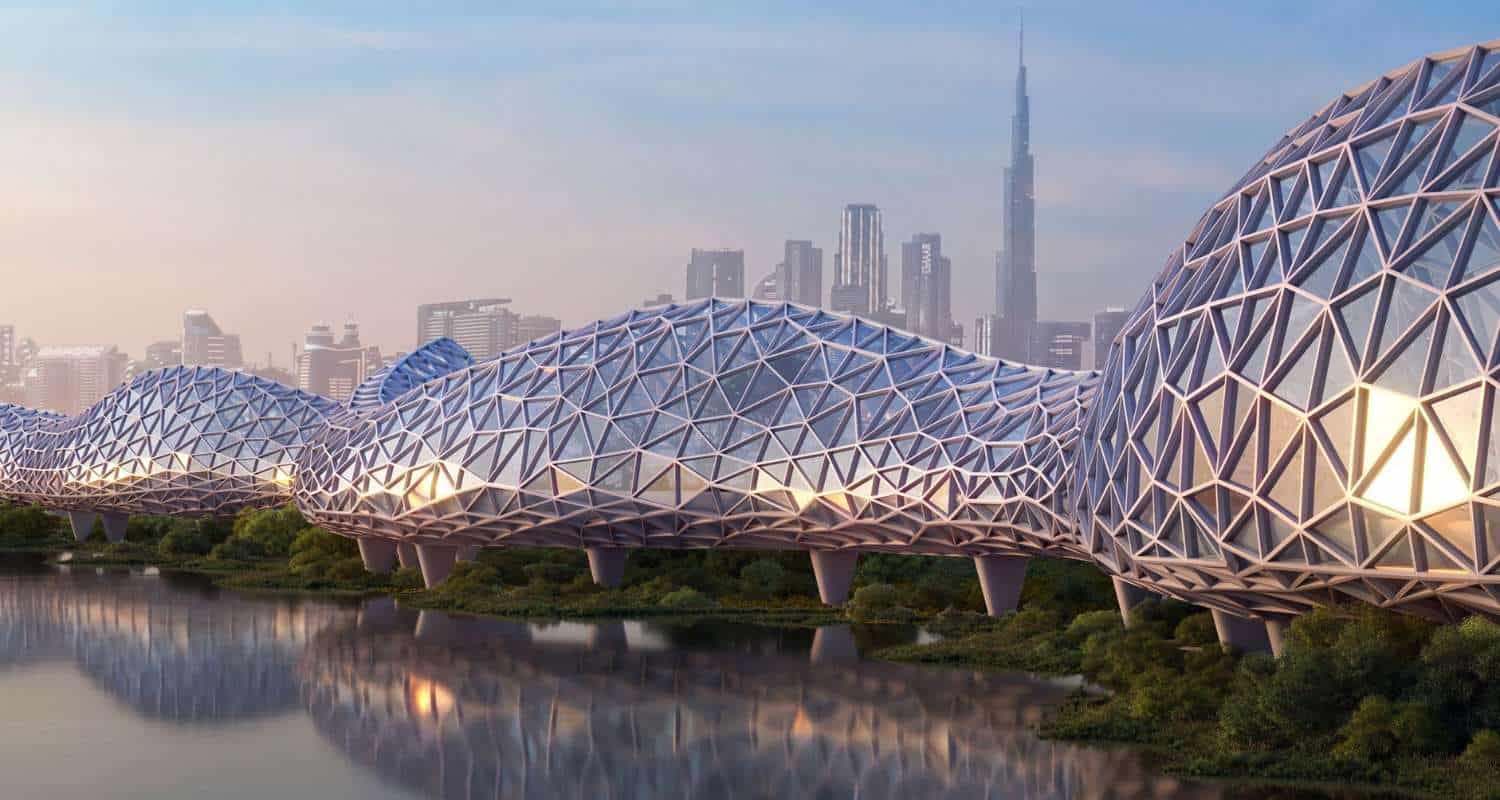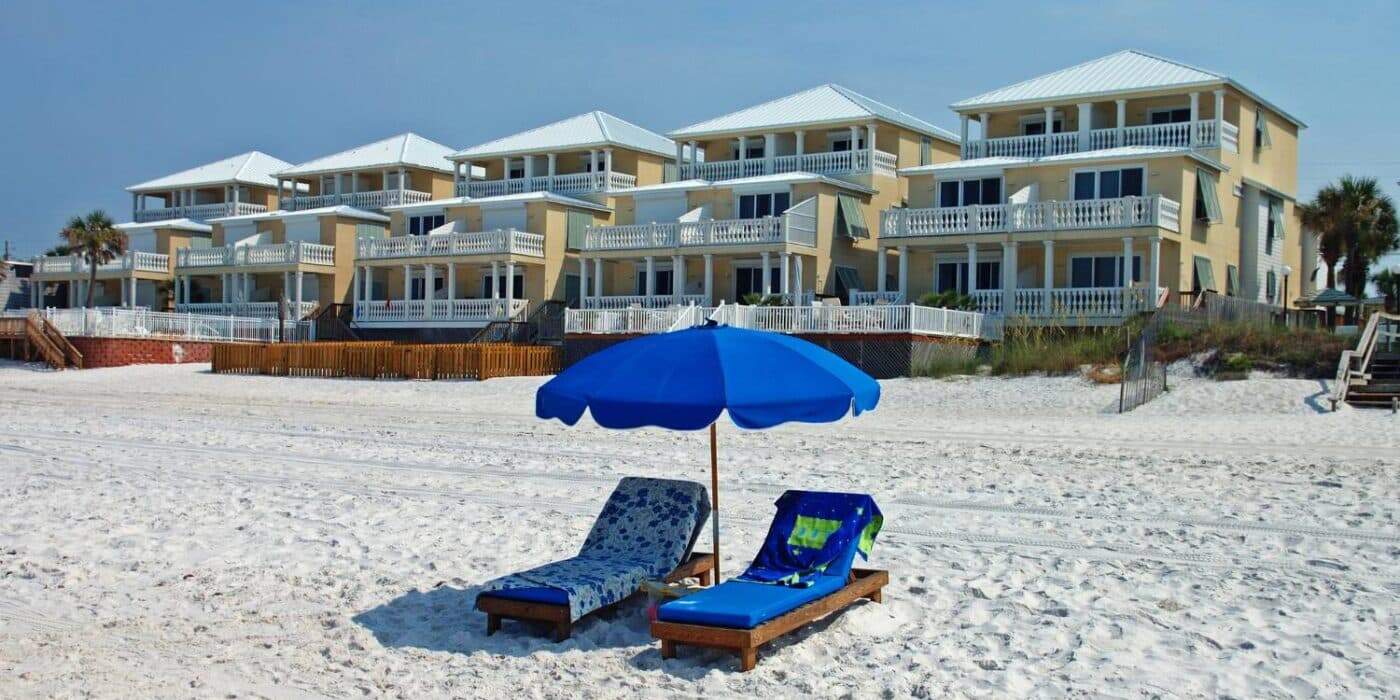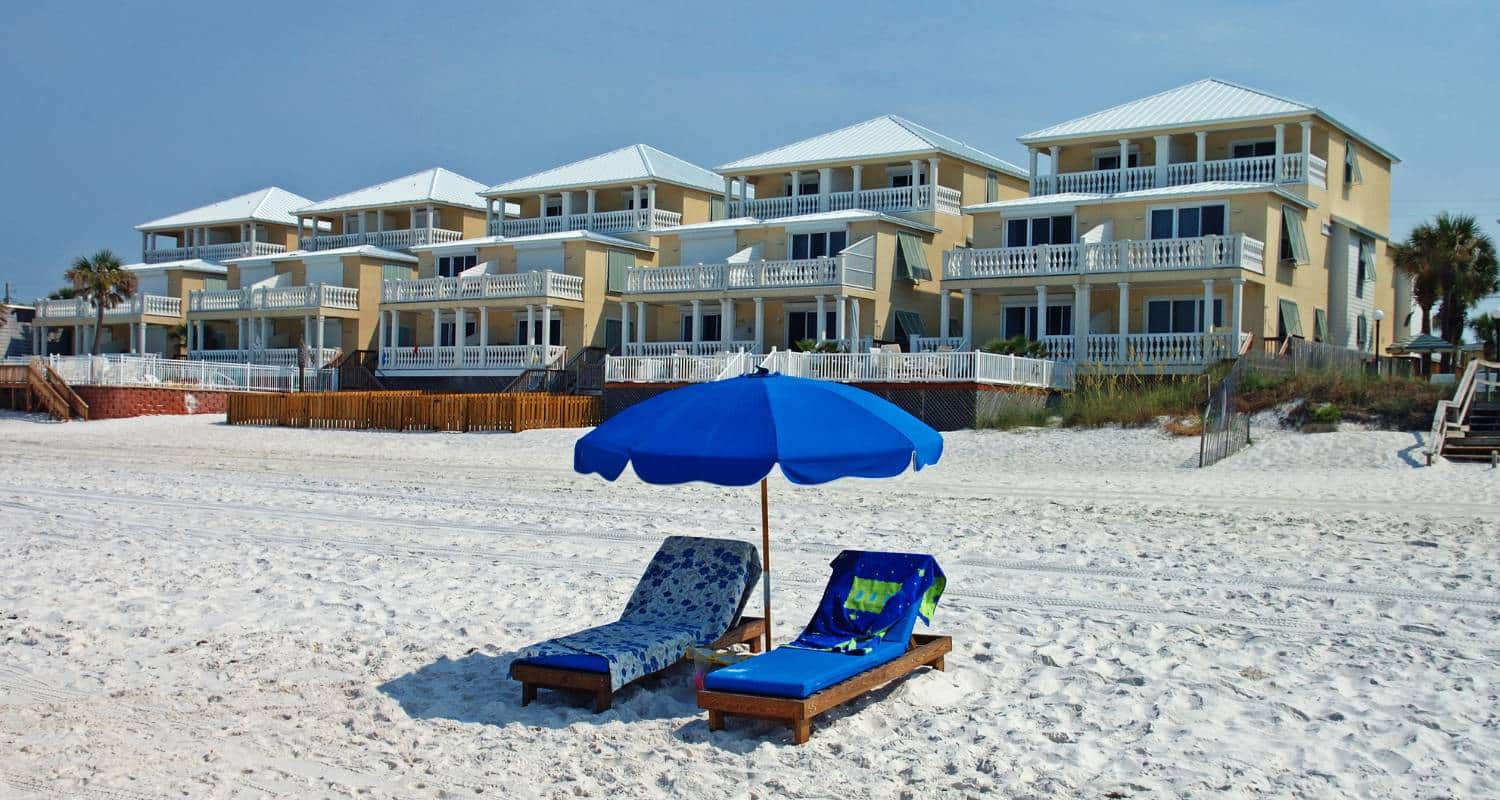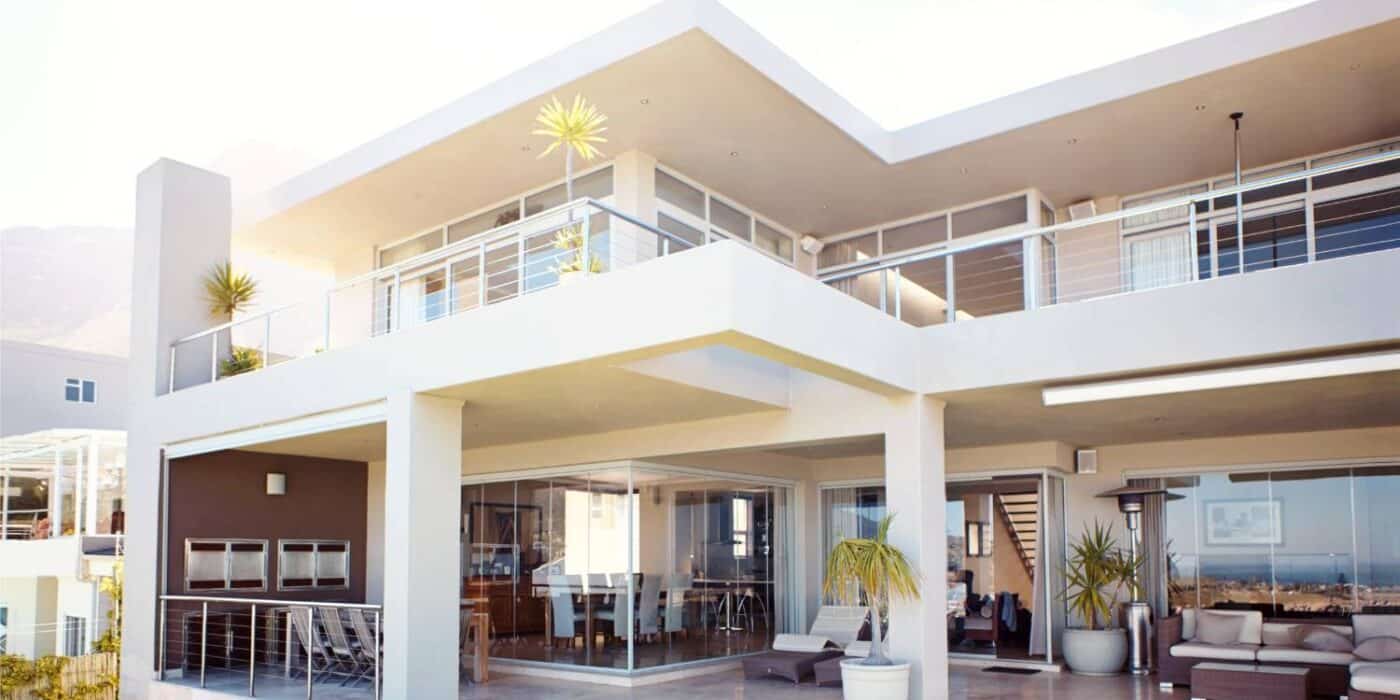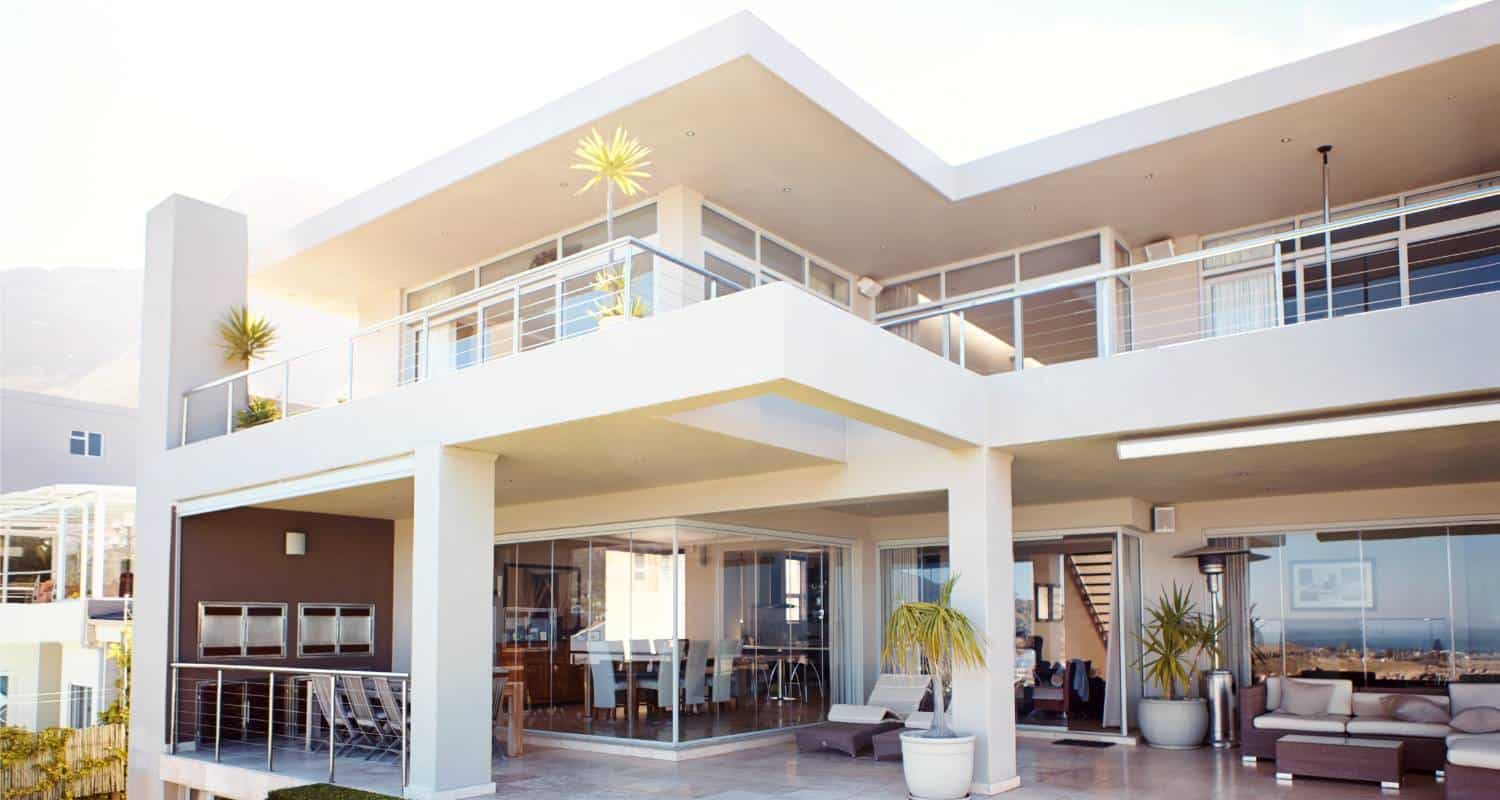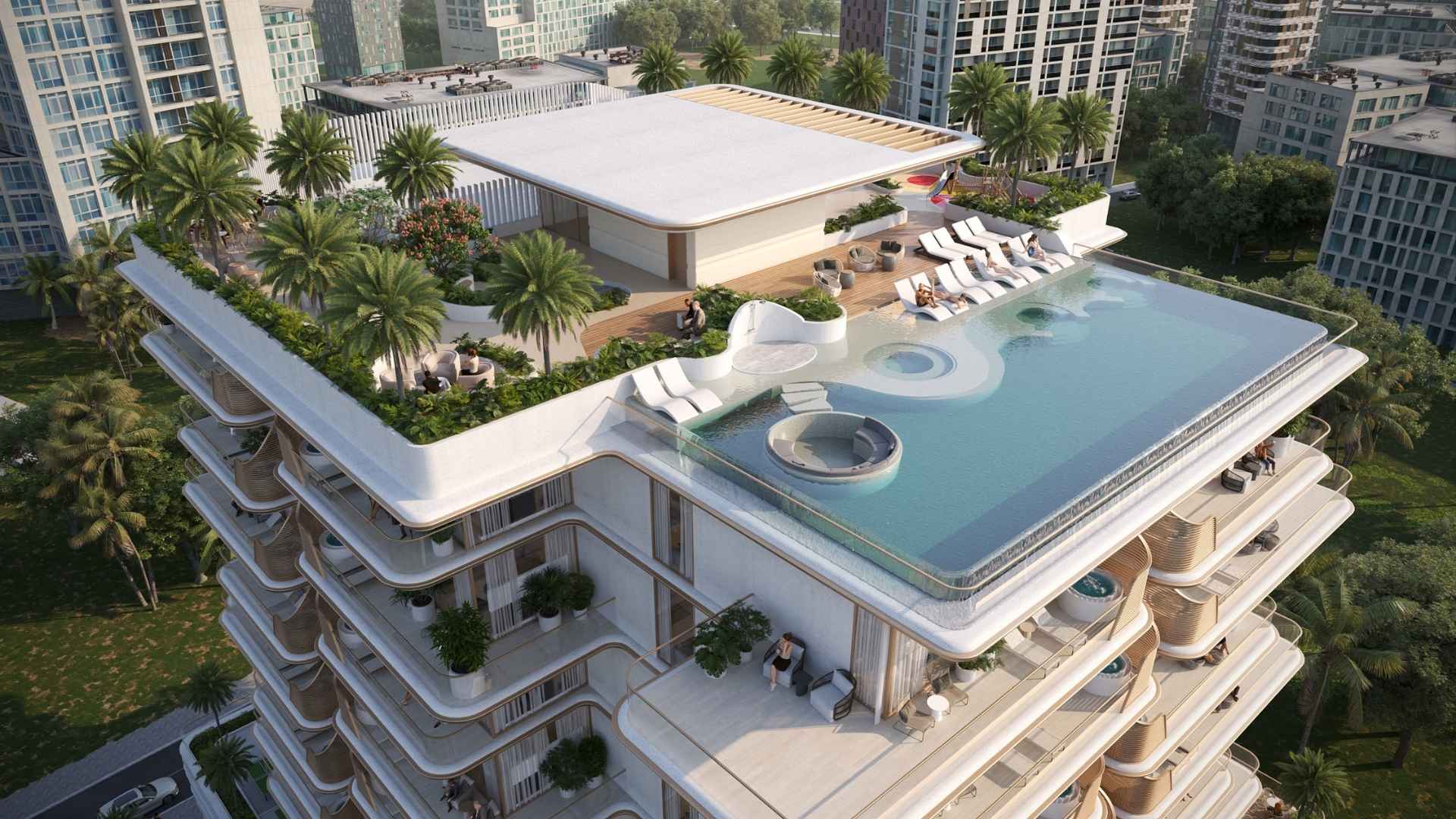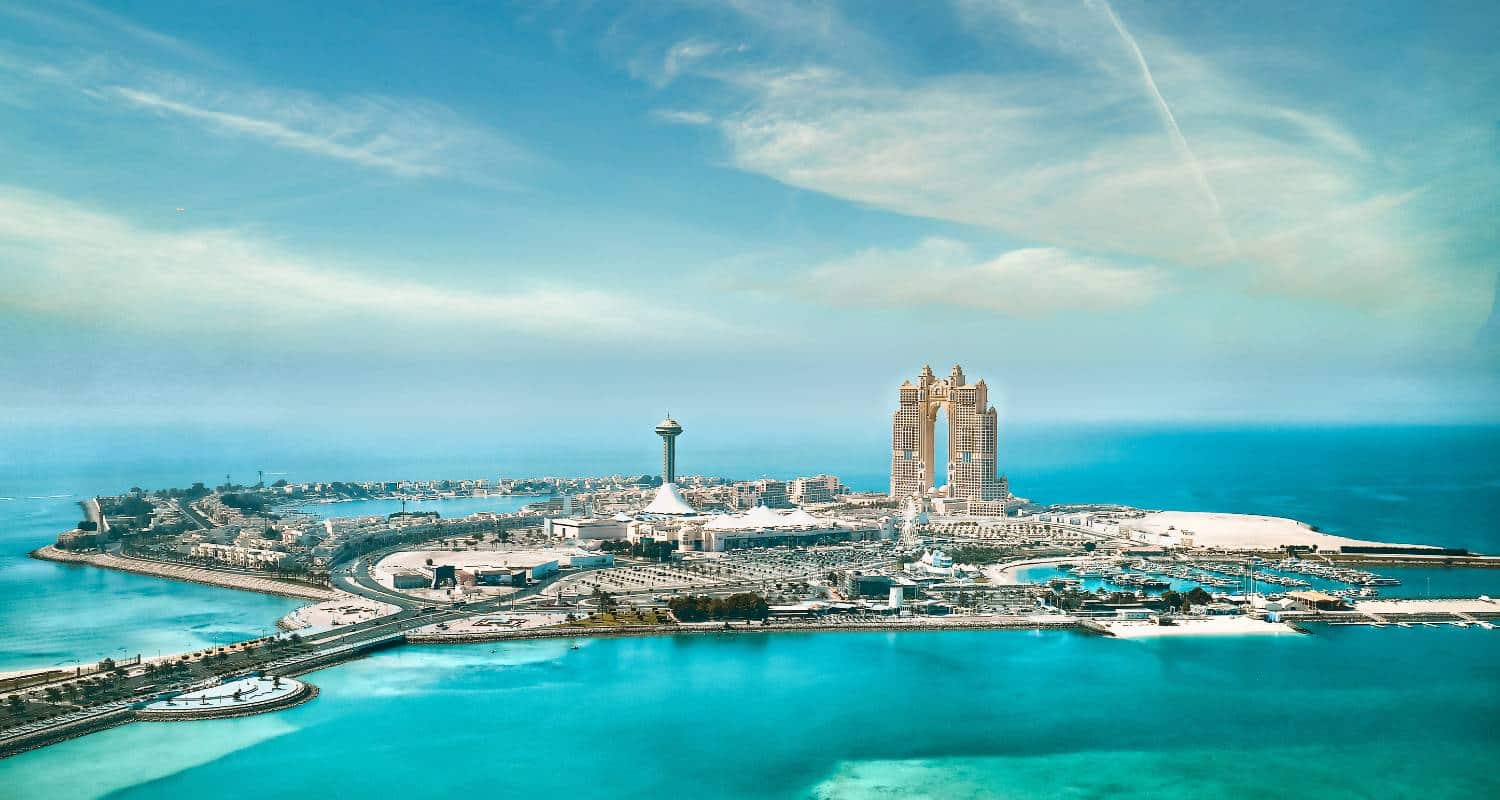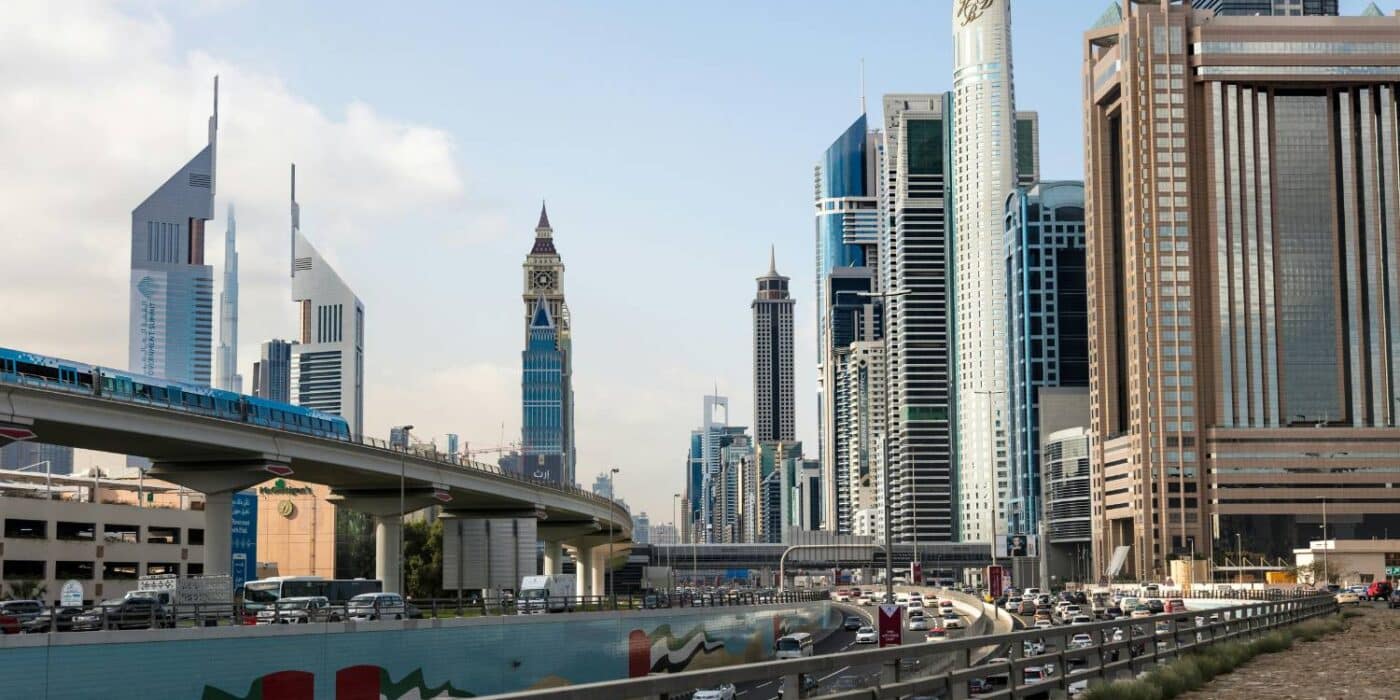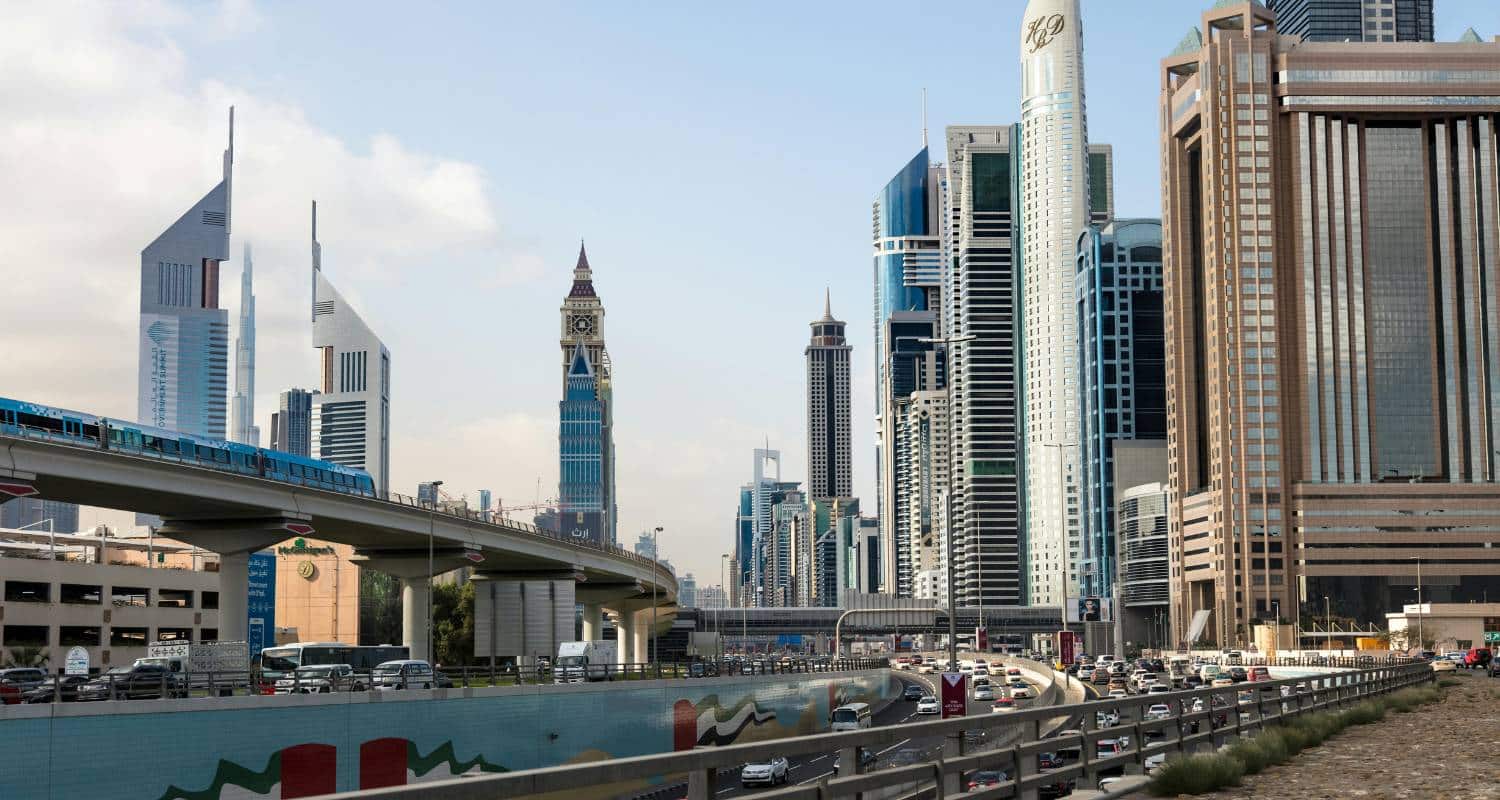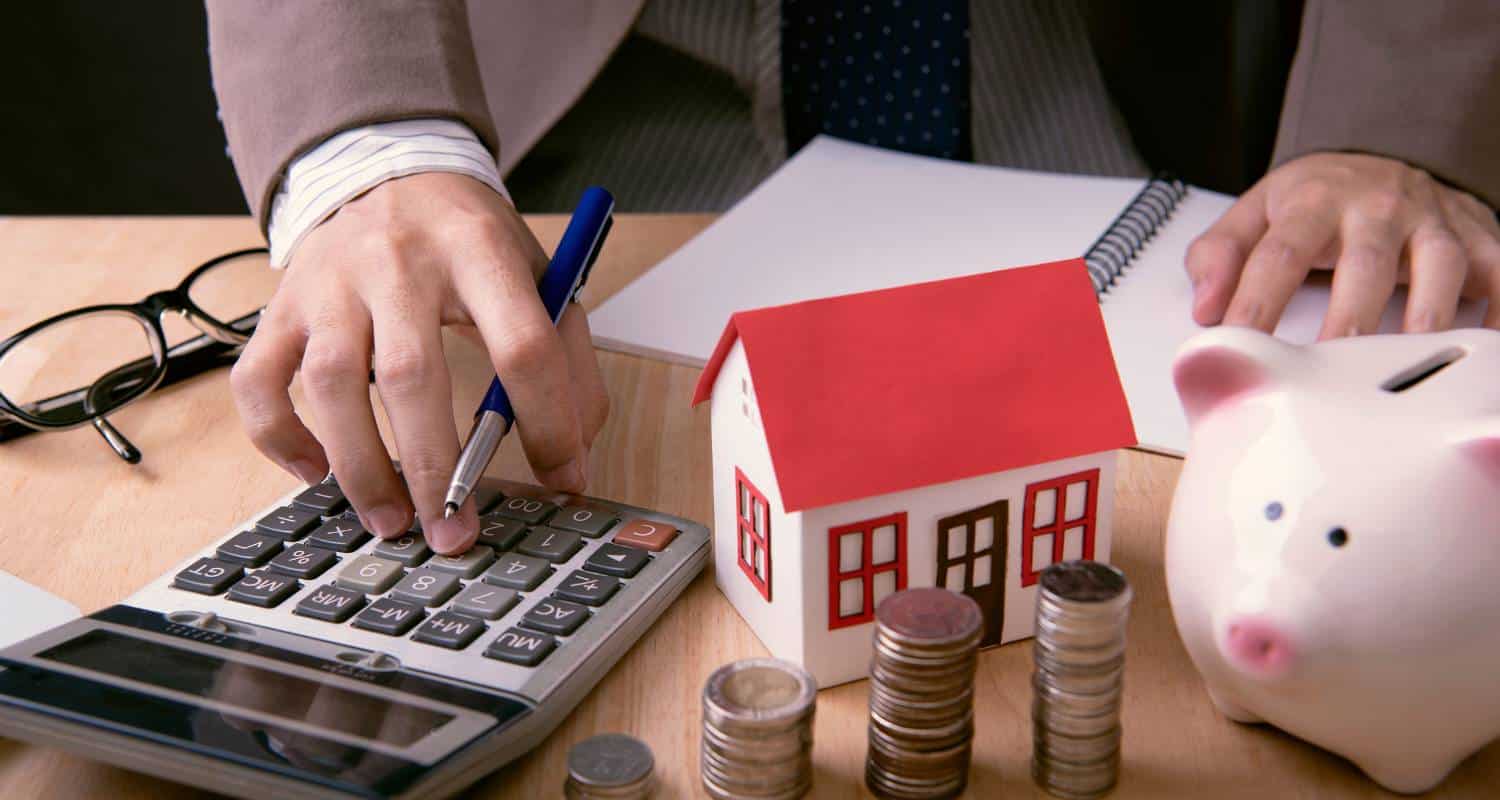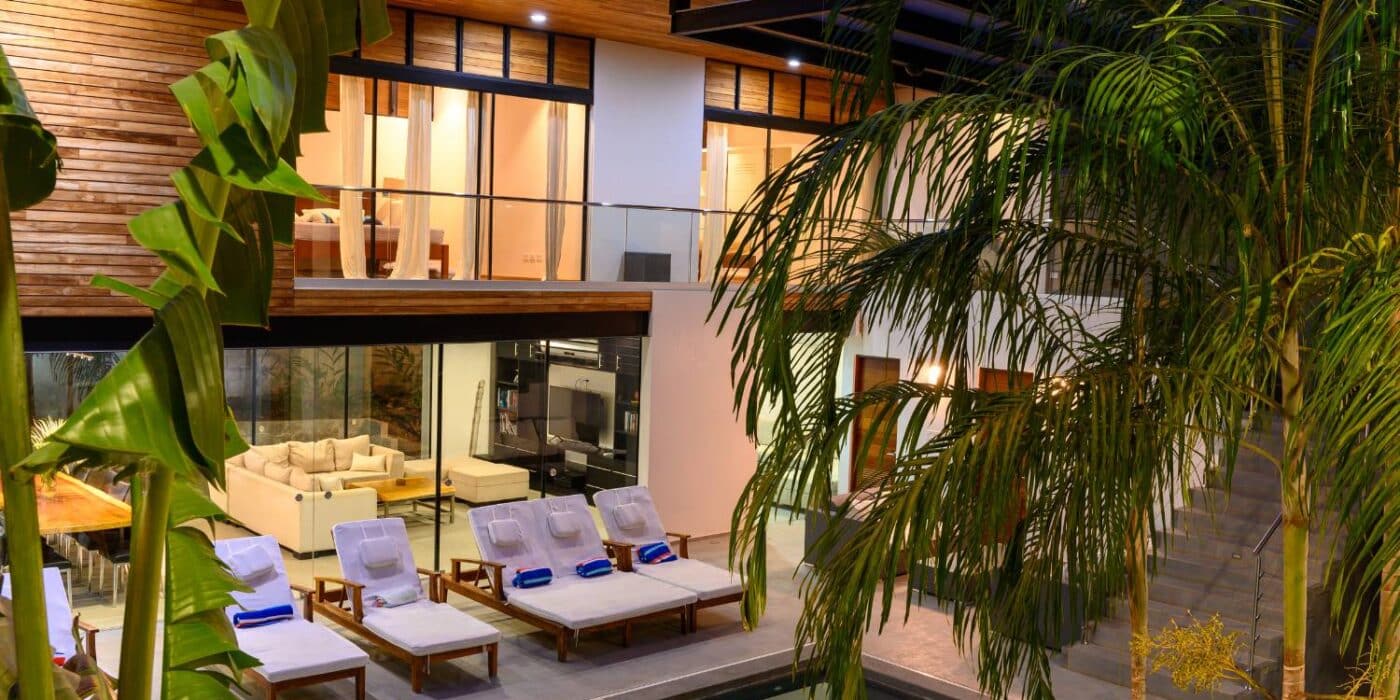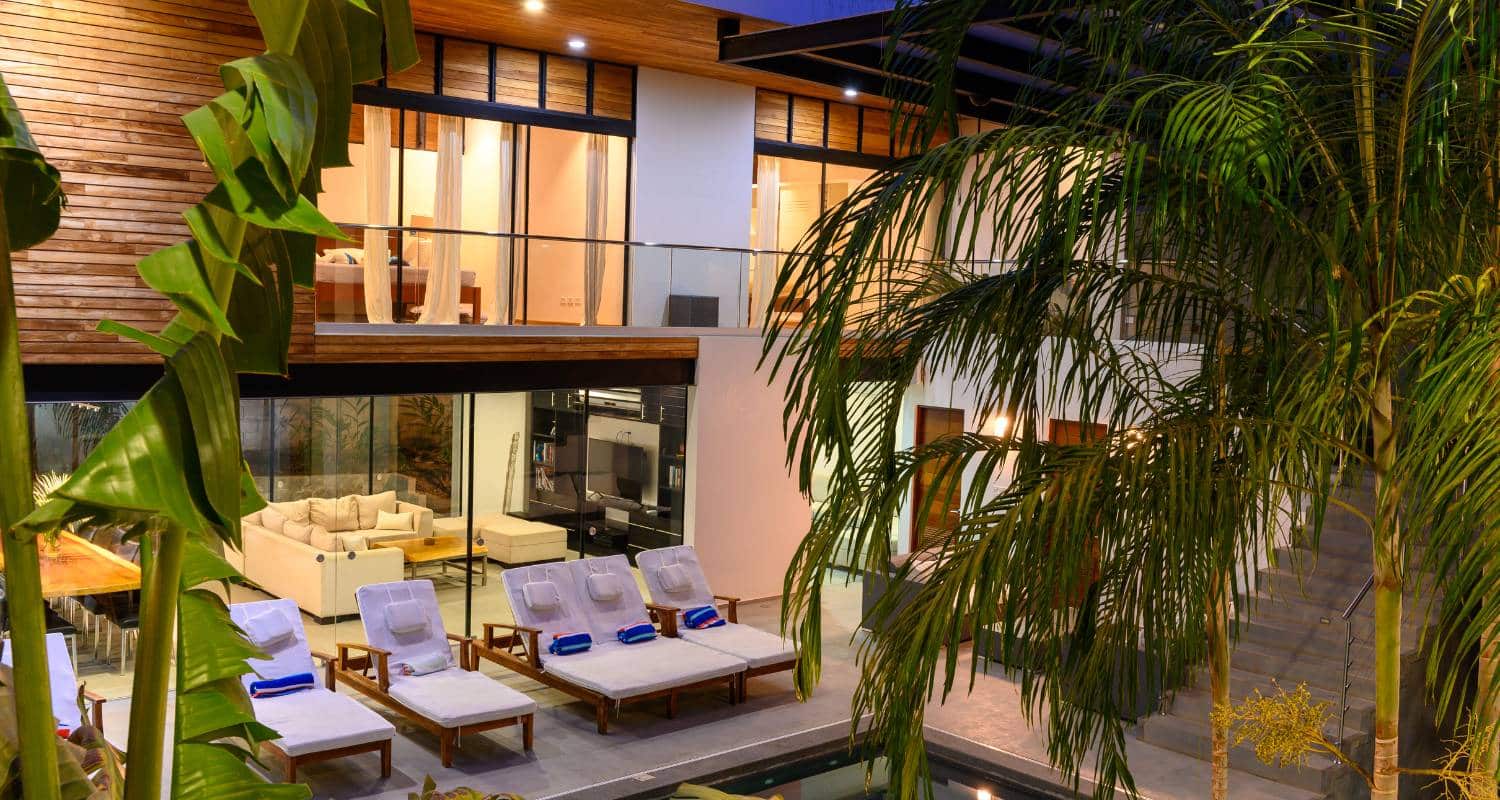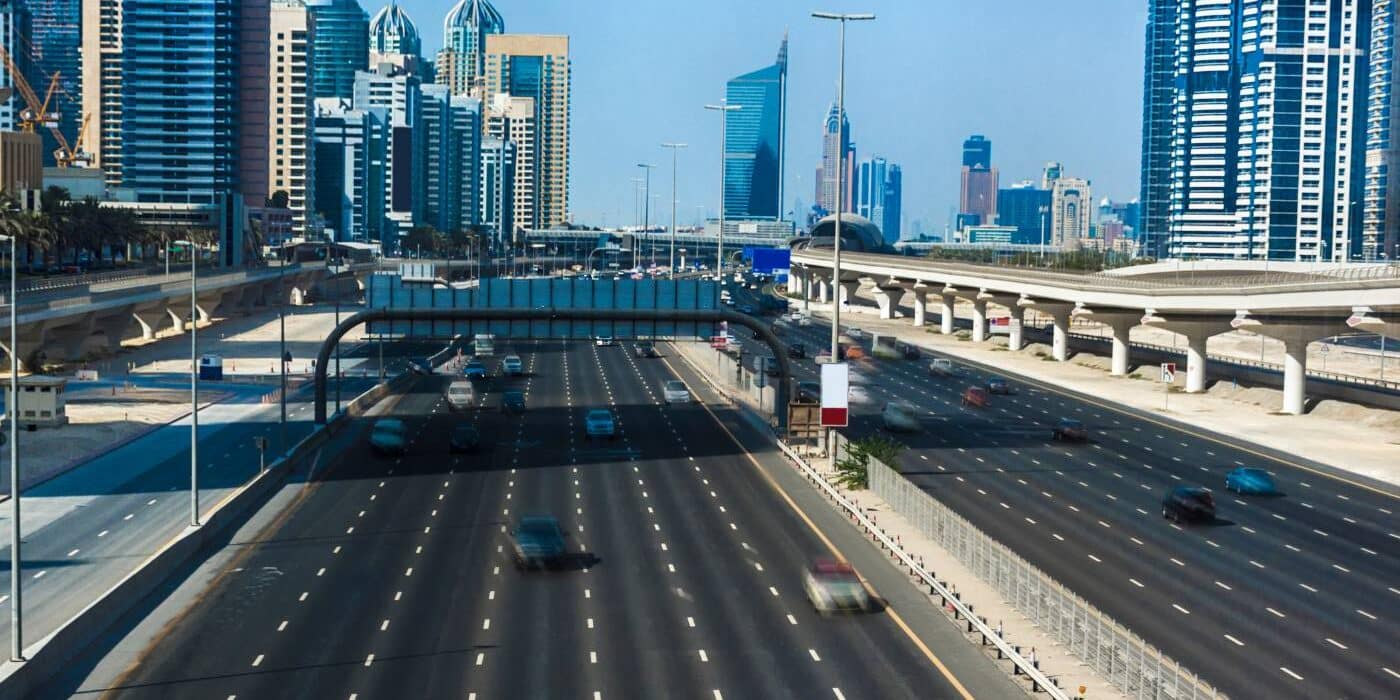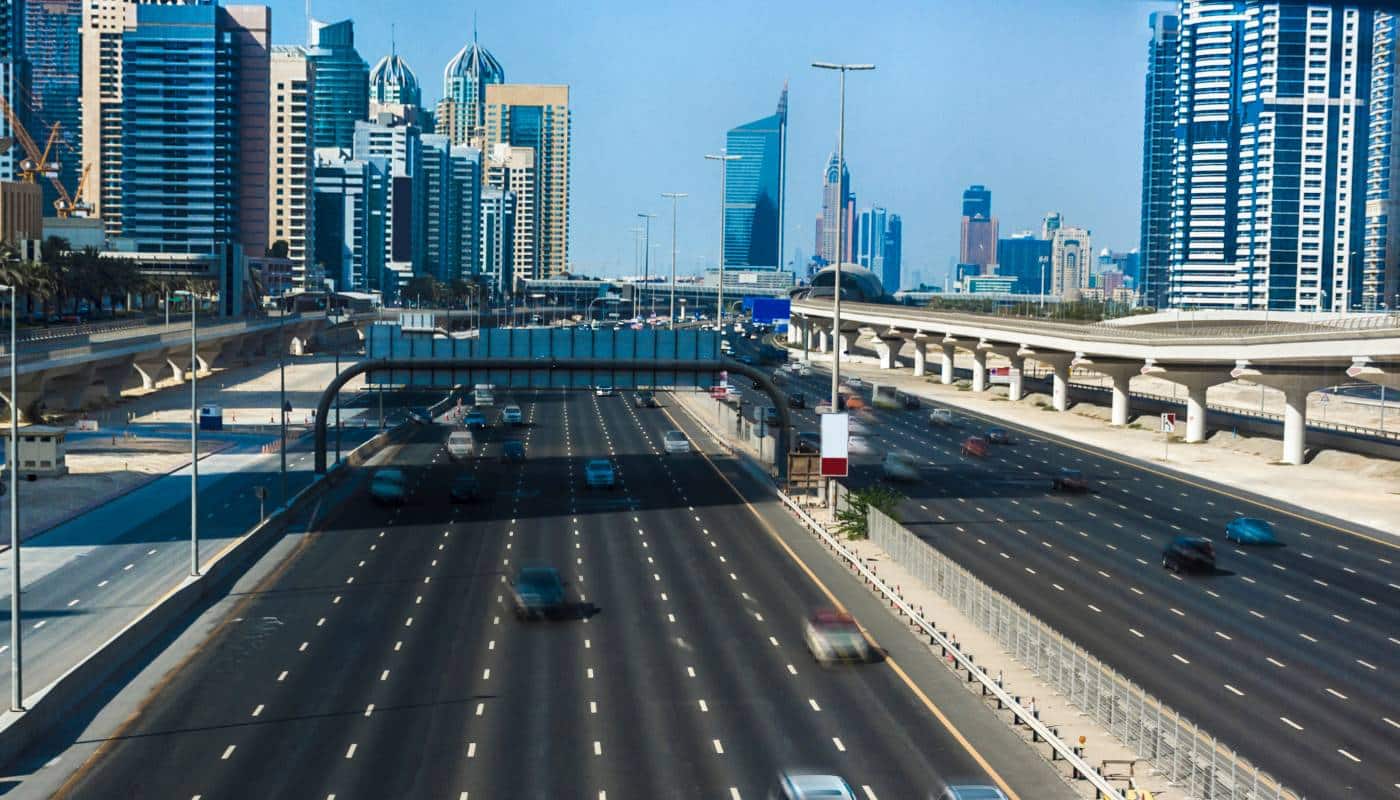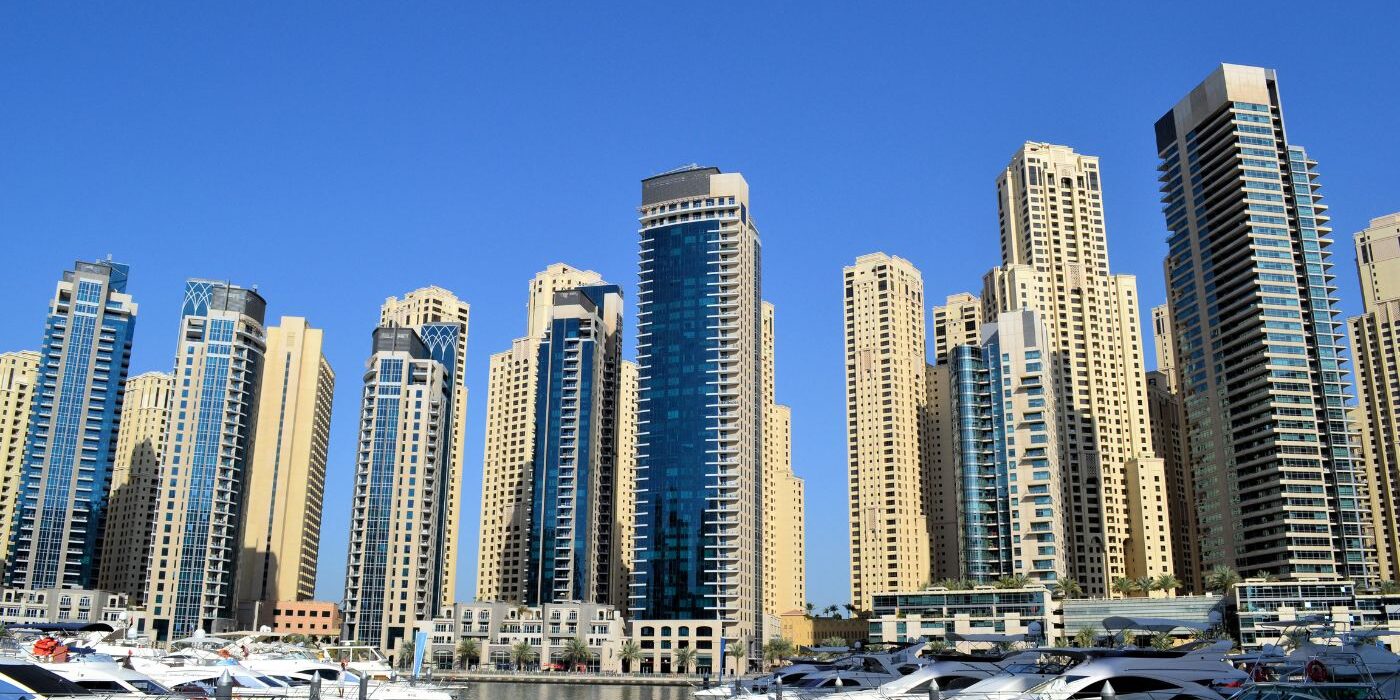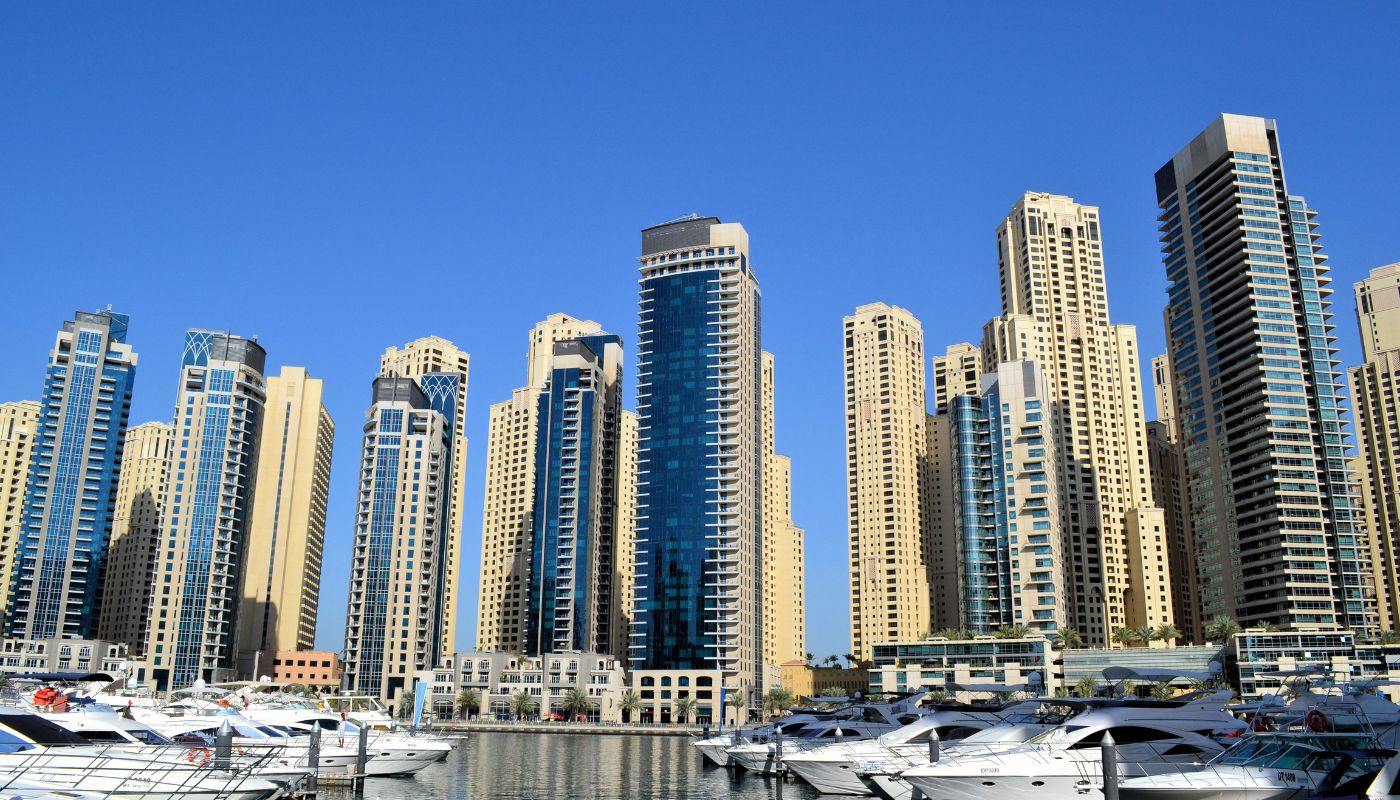How Can Find The Perfect Selling Price For Dubai Property

How Can You Find The Perfect Selling Price For Your Dubai Property
In the process of selling your Dubai home, the price is the most important consideration. Selling at a price lower than its market value leads to financial loss, frequently because of a lack of understanding about the market. On the other hand, overpricing may scare buyers away. The perfect price is reached with due consideration. In order to make this easier, we have summarized guidelines and tips. These will help you come up with the most appropriate sale price for your Dubai home. Getting the balance right is imperative; it results in a quick sale and your highest return. Effective valuation, according to local market terms, is of the essence. Our guidance is tailored to deliver sellers the intelligence required for an effective sale, without traps, and at fair terms.
Dubai's Real Estate Pricing Framework
The pricing strategy for Dubai properties relies on some major factors that include market movements, location, type of property, and supply-demand situation. A competitive strategy includes the comparison of recent transaction data, examination of similar properties, and observing economic conditions.
To entice investors and purchasers, prices of properties must be strategically established—neither too high to discourage interest nor too low to devalue the property. Developers and sellers frequently employ promotional discounts, installment payment schemes, and market analysis as means to decide on maximum prices.
Additionally, government policies, tax policies, and foreign investment patterns help significantly in influencing Dubai’s real estate price strategies. Effective pricing needs constant market research and flexibility to keep up with the changing property scenario.
Choosing the right sale price is important, whether you are selling an apartment in the city center of Dubai or a villa on the Palm Jumeirah. Your pricing affects how quickly your property will sell and how much interest you will receive from serious buyers.
To help you, here are some guidelines on how to determine the price of a home based on factors such as the current market of the area, available homes, and other pertinent information.

Evaluating Real Estate Market Trends
The Dubai real estate sector is affected by a variety of influences, from international financial movements to local buyer requirements, the cycle of property availability, and government directives. To set a proper sales cost, you must first do comprehensive investigation into the present market situation.
- Supply and Demand: Determine whether the market leans towards purchasers (greater availability than requests) or vendors (greater requests than availability). This will affect the strength of your property pricing strategy.”
- Location-Specific Trends: Real estate values fluctuate considerably depending on the district. Regions such as Dubai Marina, Business Bay, and Jumeirah Lakes Towers each possess unique localized markets, thus understanding the conditions in your precise location is essential.”
- Market Timing: The Dubai property market experiences changes based on the time of year. For instance, property transactions frequently reach their highest point prior to Ramadan or throughout the milder winter season. Scheduling your sale to coincide with opportune periods can assist in achieving a superior sale price.
Account for Property Type
The real estate sector within the emirate offers a wide selection, including properties in development within Dubai and those available for immediate move-in. The property category that you are selling will influence the price that you set.
Off-Plan vs. Ready Properties: When selling a pre-construction home, you might have to charge a lower price than for a completed, ready-to-move-into house. Pre-construction homes generally require a lower price point since buyers are buying something that will only exist in the future, as opposed to one that they can occupy or gain revenue from now.
Luxury Properties: If your home is a high-end villa or penthouse in areas like Emirates Hills or Palm Jumeirah, the process of setting the price may require a more advanced practice. Wealthy buyers expect exclusive features, premium materials, and bespoke components, and thus your price should reflect these factors for these high-end residences for sale in Dubai.
Preparing your real estate as a furnished residence is a viable option. In the Dubai market, properties that are sold fully furnished and ready for immediate living tend to sell for increased values.
Taking Advantage of Comparable Real Estate Sales
To determine a suitable price for your property, examining comparable sales, often called ‘comps,’ proves highly beneficial. These ‘comps’ represent properties that have recently sold and share similarities with yours regarding location, dimensions, age, and state.
- Neighbourhood Data: Examine properties located within a one-to-three-kilometre range of your own that have been sold during the preceding half-year. The information provided by the Dubai Land Department regarding Dubai Transactions offers trustworthy information about present market values.
- Get a Property Valuation: property valuation tool, to obtain precise, data-supported price estimations for your freehold properties. This will assist you in establishing a competitive and practical sale price by ensuring it corresponds with market trends, thereby attracting genuine purchasers and enhancing your bargaining power.
- Adjust for Differences: Should your property possess distinctive attributes—like a remarkable view of the Burj Khalifa or renovated interior spaces—it might be possible to establish a higher price than comparable properties lacking those features.
- Consider Similar Listings: Carefully review the listings on Bayut and Dubizzle, and observe properties that have remained on the market for an extended period without a sale. This could signify overpriced listings, and help you avoid setting your own price based on unrealistic projections.
Find Your Dream Property with a Skilled Real Estate Agent
Hiring an experienced real estate agent, someone familiar with the Dubai property market, can be a huge advantage. A reliable agent will assist in determining an appropriate selling price for your Dubai home, based on up-to-date market analysis, their long-standing professional experience, and access to a wider pool of potential clients.
- Expert Appraisals: Real estate professionals have the ability to conduct a market comparison, which provides you with a thorough breakdown of how your property compares to comparable properties currently listed.
- Explore Options: Thorough research of various real estate agencies is essential, and selecting one with a proven history of success is crucial. This ensures you receive reliable guidance. Using a service like Luxury Spaces can be beneficial in finding an agent that fulfills your needs.
- Negotiation Strategy: Determining an appropriate initial price also necessitates allowing for negotiation. Real estate professionals can guide you in establishing a price that permits negotiation without selling your property for less than its worth.
A trained and experienced agent brings an excellent balance of industry experience and practical knowledge. They’ll listen carefully to your needs, look at the data you’ve obtained, and use their local market knowledge to arrive at the best possible listing price for your home. They are also familiar with the details of UAE property transactions, including the paperwork like RERA forms.
Hiring a reputable real estate company is usually the best option. They will assign you an agent who has specialized knowledge of determining the value of properties similar to yours. Additionally, they will do most of the time-consuming work.
The Ultimate Guide to Comparative Market Analysis for Real Estate
A qualified real estate agent helps you set your asking price by comparing your property to others in the same area, and considers things like the age, the condition of the building, the size and any home improvements.
Consider Upgrades: Here’s an example. Suppose that you know that a homeowner in the neighbourhood with the same floor plan as yours has sold his house for more than its true market value. What you might not know are upgrades that the homeowner might have added to their house, such as an additional bathroom or a remodelled kitchen. Consider upgrades and other factors with worth will assist you in setting a suitable asking price for your own property.
Compare Square Footage: Compare the price of comparable square footage homes in comparable areas. You might also read our comprehensive market trends reports to know the average ‘price per square foot in popular neighbourhoods all over the UAE.
Accurate property pricing heavily relies on the prevailing local housing market conditions. When sellers hold the upper hand, due to high demand and limited supply, a slightly elevated price point is feasible. Conversely, when buyers dominate, due to lower demand and increased supply, competitive pricing becomes essential to attract potential buyers.
Consider Additional Expenses
- Agent Commissions: When selling a property in Dubai, agents usually take a commission ranging from two to five percent of the final sale amount. Remember to include this expense when determining your listing price. It’s advisable to reach out to real estate companies in Dubai to obtain a specific commission estimate.
- Transfer Fees: The Dubai Land Department imposes a four percent transfer fee on the property’s sale value, which is typically divided between the buyer and the seller. It’s quite normal for this expense to be negotiated with the buyer, so you should be ready to modify the price you’re asking.
- Marketing Costs: Using high-quality photographs, digital walkthroughs, and featured advertisements on real estate websites such as Luxury Spaces and Iconre can significantly improve how many people see your listing, though these services might add to your overall expenses.
How to Price Dubai Real Estate Correctly: Essential Tips
Here are a few additional suggestions to help you gain a competitive advantage.
Check Out Active Property Listings
Published home listings don’t always reveal the complete picture. Because these listings are your direct competition, it’s wise to examine what they are really providing to buyers before setting your own price. A physical inspection of these currently listed properties, by you or your agent, will allow you to see what buyers will encounter when they visit your home.
A personal walkthrough of similar homes currently for sale can help you understand what you like or dislike about them. More importantly, it can assist you in figuring out why potential buyers might select those homes over your own. Add anything to your own home to make it a better showing, and adjust the cost accordingly.
Leave some space for negotiation
It’s understandable that sentimental feelings might make you hesitate to lower your property’s price, particularly if it holds cherished memories. Nevertheless, setting a price beyond what buyers currently expect can be detrimental. To align with today’s market, and to allow space for negotiation, it’s wise to keep your asking price reasonable. Doing so can ultimately lead to a mutually beneficial agreement.
FAQs
How to Accurately Price Your Property for Sale?
Many things influence how much a property is worth. You’re looking at things like where it is, how it looks, any changes made to it, its size, what’s happening in the market, and other things. A skilled real estate agent can assist in figuring out your property’s value and setting a fair price.
What is a lowball offer?
When an offer is considerably below both the current market value and what the seller is requesting, it’s considered a lowball offer. If you’re interested in understanding the elements involved in listing a property for sale in the United Arab Emirates, begin by familiarizing yourself with the process of selling property in Dubai.

